Top 8 Reasons to Install a Water Filtration System at Home
Clean, safe drinking water has become a growing priority for homeowners in recent years. Water filtration systems offer a reliable solution, improving health, convenience, and sustainability. Contaminants in tap water can pose significant health risks, particularly as outdated infrastructure and pollution become increasingly prevalent. Fortunately, modern filtration technologies make cleaner water more accessible. We'll cover how filtration benefits your home and well-being while supporting a greener lifestyle.
1. Removing Harmful Contaminants
A home water filtration system removes harmful contaminants like lead, bacteria, and pesticides. Whether caused by aging pipes or environmental runoff, these impurities may go unnoticed without treatment. Technologies like reverse osmosis and UV light provide a robust defense against health risks.
Filtration is particularly important for families with young children, the elderly, or individuals with immunocompromised conditions. Clean water supports long-term health and reduces the risk of waterborne illnesses. According to Velve Mater, in the U.S., residential plumbing accounts for 80% of industry revenue, underscoring the fact that many homeowners prioritize water quality.
In addition to health benefits, filtration protects your plumbing system from buildup, corrosion, and wear. Fewer contaminants mean fewer clogs and repairs, extending the life of your pipes and appliances.
2. Reducing Chlorine and Chloramine Exposure
Public water supplies are treated with chlorine and chloramine to kill pathogens; however, these chemicals can also pose risks. High levels have been linked to dry skin, respiratory irritation, and unpleasant taste. A filtration system reduces chemical content while preserving water safety. By filtering out these compounds, households can enjoy cleaner water without sacrificing protection from bacteria and viruses.
Activated carbon filters remove these additives and their by-products, improving taste and reducing skin or scalp irritation. For those sensitive to chemicals, filtration offers an essential layer of protection. It also addresses chloramine, which is more stable and persistent in tap water. This targeted removal not only improves overall water quality but also reduces potential long-term exposure to low-grade chemical residues. As a result, families can feel more confident in the safety and purity of their everyday water use.
3. Helping Prevent Waterborne Diseases
Filtration can guard against pathogens like E. coli and Giardia, especially in areas with aging or compromised infrastructure. Systems using UV treatment or fine membranes neutralize harmful microbes before they reach your tap. This extra layer of defense is especially important during natural disasters or system failures, when contamination risks are higher. Even in routine conditions, having a dependable filter greatly reduces the chance of waterborne illness.
Households dealing with boil-water advisories or inconsistent treatment benefit greatly from home filtration. It adds a safety net beyond municipal systems, ensuring reliable access to clean drinking water. This peace of mind is invaluable, particularly for families with young children, seniors, or individuals with weakened immune systems. Filtration offers year-round consistency, even when public systems fall short.
By reducing illness and improving sanitation, filtration supports not only your home but also broader community health. It limits disease transmission and contributes to stronger public hygiene. Cleaner household water means fewer contaminants entering shared wastewater systems, reducing the burden on treatment plants. Over time, this promotes healthier ecosystems and more sustainable infrastructure.
4. Mitigating Heavy Metal Exposure
Heavy metals, such as lead, mercury, and arsenic, can enter water supplies through industrial activity or the corrosion of pipes. Even small amounts of exposure can have a significant impact on neurological health, particularly in children. These contaminants are often tasteless and odorless, making them difficult to detect without proper testing.
Reverse osmosis and similar technologies effectively reduce these metals. Doing so protects vulnerable populations and can support cognitive development and educational outcomes. Cleaner water also prevents metal corrosion in plumbing, reducing maintenance costs. Additionally, removing heavy metals improves the lifespan of water-using appliances, such as dishwashers and water heaters. This investment in filtration pays off through reduced repair needs and improved household efficiency.
5. Eliminating Foul Smells
Tap water can sometimes have a chlorine or sulfur odor due to chemical treatments or natural compounds. A water filtration system eliminates these odors, making your water more pleasant to drink and use. This leads to a noticeable improvement in the overall sensory experience of your home's water supply.
By removing bacteria and organic matter, filters keep your water fresh and inviting. This promotes better hydration habits and improves overall quality of life. Children and adults alike are more likely to drink water regularly when it tastes and smells clean.
Cleaner-smelling water also benefits cooking, cleaning, and personal care. Meals taste better, and there's no lingering odor after washing or bathing. Filtered water helps maintain the natural flavors of ingredients and leaves skin feeling fresher after showers.
6. Enhancing the Taste of Food
Cooking with filtered water allows ingredients to shine through without being altered by additives or minerals. Vegetables stay vibrant, and grains cook cleaner, leaving no residue.
Filtered water supports healthier cooking habits by preserving nutrients and avoiding chemical interference. The result is meals that are not only tastier but potentially more nutritious.
This benefit applies even to simple preparations, such as boiling pasta or making broth. Your food tastes cleaner, and presentation often improves with better water.
7. Improving Tea and Coffee Quality
A water filtration system helps enhance the taste, clarity, and aroma of tea and coffee. Without chlorine or metals interfering, each cup tastes purer and more nuanced. This improvement allows the natural characteristics of your favorite beans or leaves to shine through without distortion.
Consistent water quality leads to better brews, avoiding over-extraction or bitterness. For daily drinkers, this upgrade turns routines into enjoyable rituals. With filtered water, every cup delivers a consistent and satisfying experience, regardless of the brewing method.
Beverage aroma is also improved when water is free of chemicals. Whether you're tasting or just enjoying your morning cup, filtration ensures authenticity and satisfaction. The result is a more complete sensory experience that enhances both flavor and fragrance with every sip.
8. Presenting Environmental Benefits
Switching to a water filtration system helps reduce reliance on bottled water, which generates massive plastic waste. It's an easy and effective way to reduce your household's environmental footprint. Over time, this shift can prevent hundreds of bottles from ending up in landfills or waterways. The convenience of filtered tap water also encourages better hydration habits without compromising the environment.
Plastic bottles also require fossil fuels for production and transportation, contributing to greenhouse gas emissions. Filtration systems eliminate this cycle, offering a more sustainable path to hydration. By reducing demand for bottled water, families help decrease the overall carbon footprint of the beverage industry. This not only benefits the environment but also promotes long-term resource conservation.
By avoiding single-use plastics, homeowners support global efforts to protect oceans, wildlife, and natural ecosystems. The result is cleaner water and a cleaner planet. Filtered water offers the same quality without the ecological cost, aligning with eco-conscious living. Each home that adopts filtration contributes to a collective movement toward environmental resilience.
Installing a water filtration system at home is a smart investment in your health, comfort, and long-term sustainability. From removing harmful contaminants to enhancing taste and reducing environmental impact, the benefits touch nearly every aspect of daily life. By choosing to filter your water, you're choosing a cleaner, safer, and more responsible way to live. Contact Grossman Plumbing and Heating to learn more about water filtration.
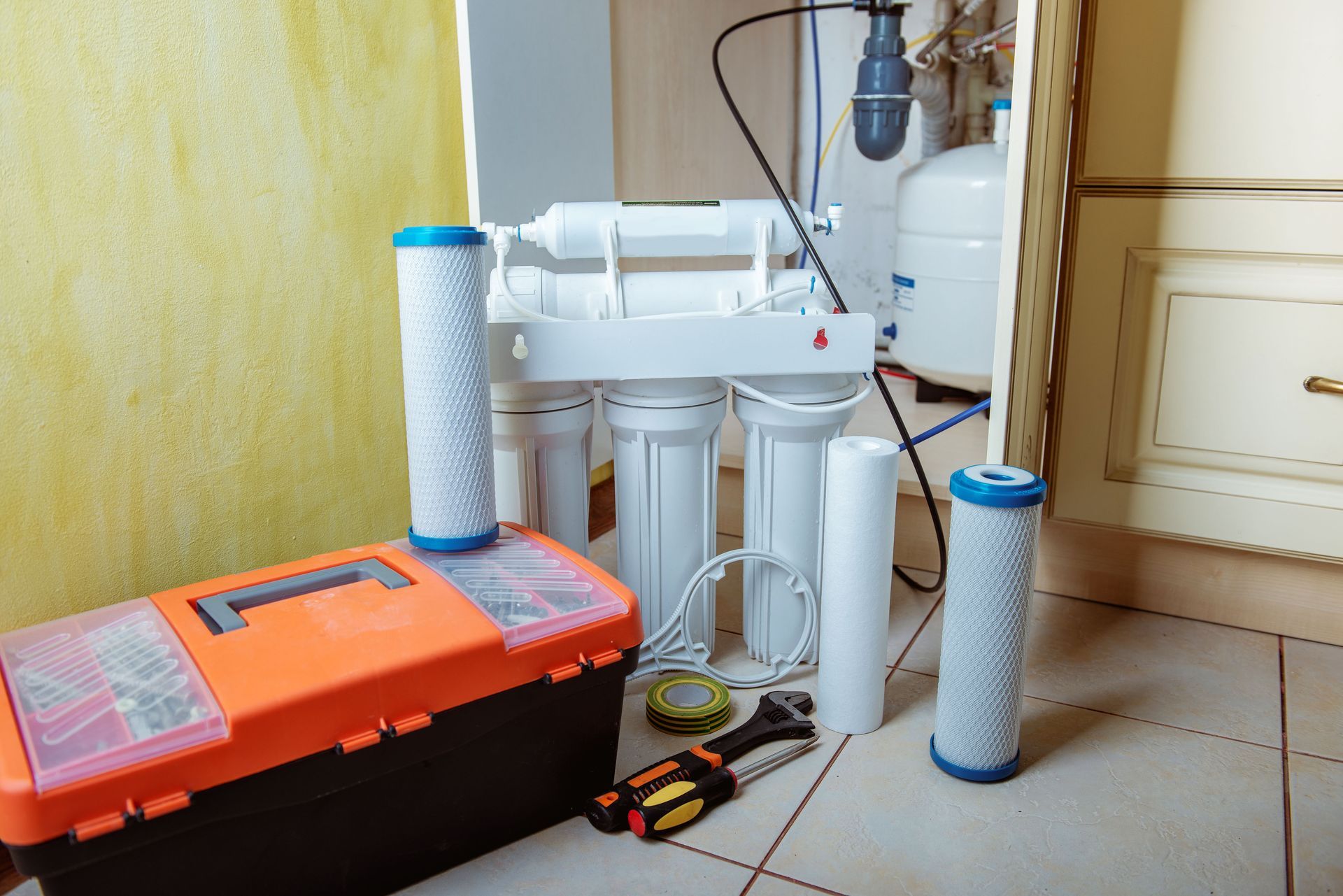

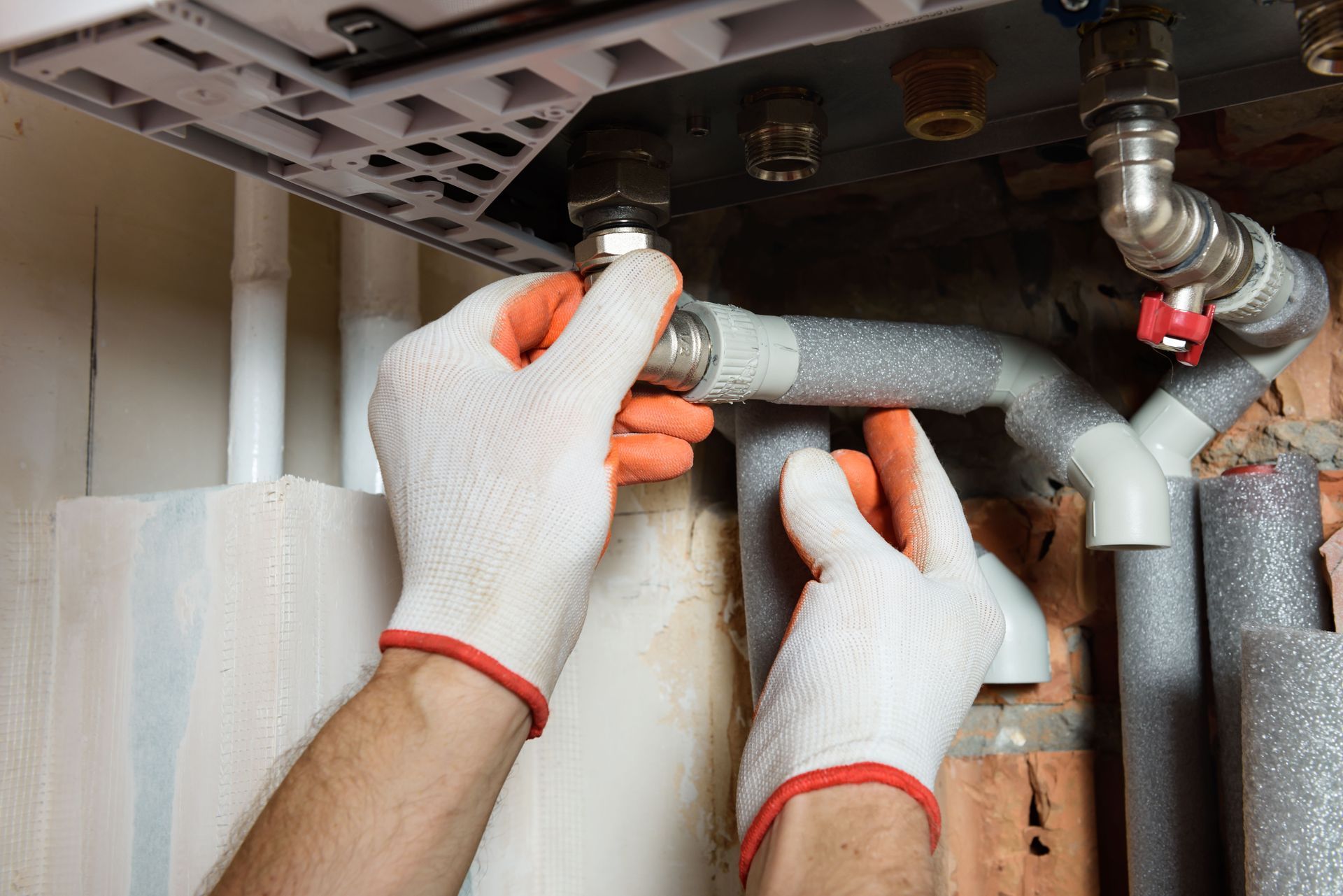
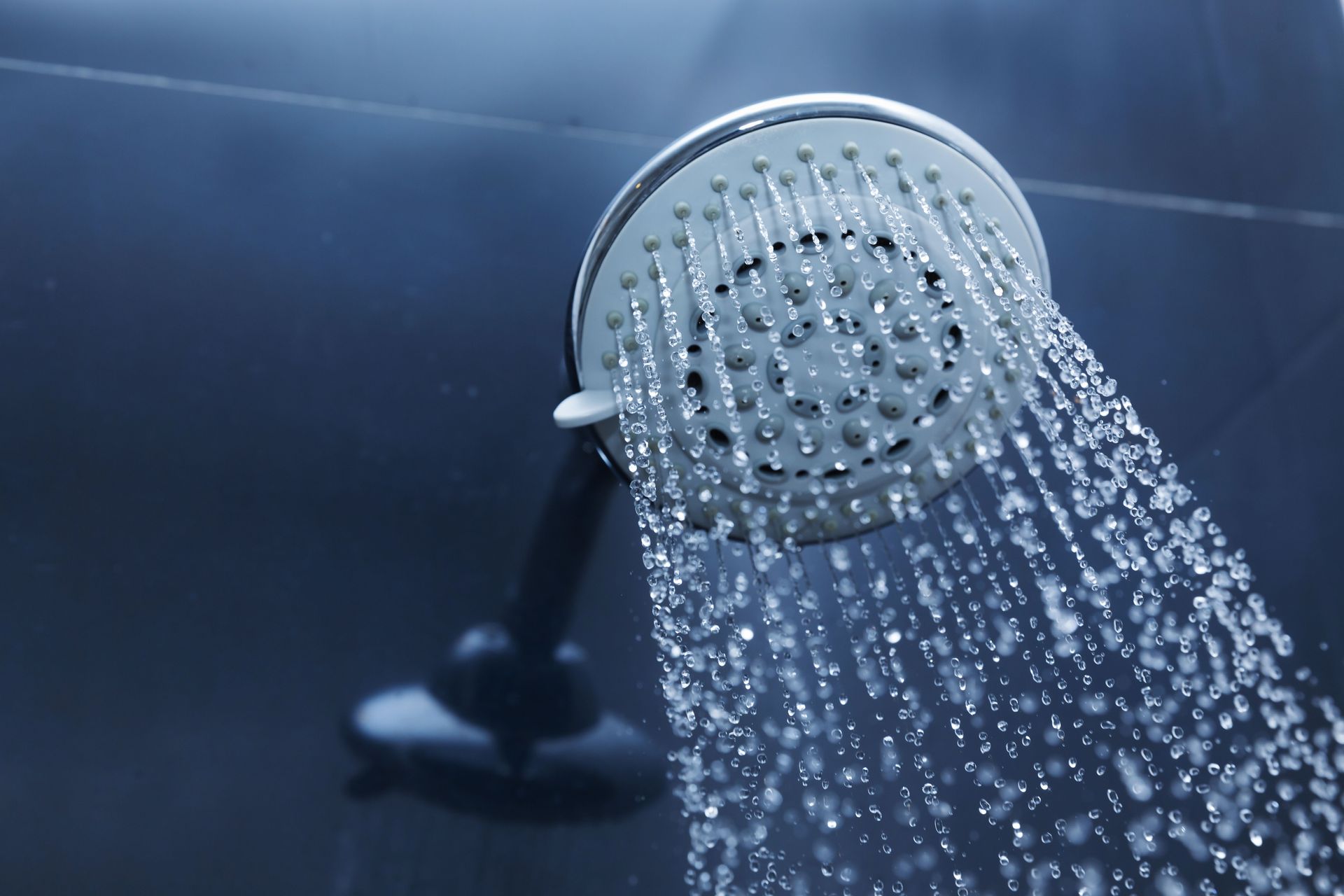
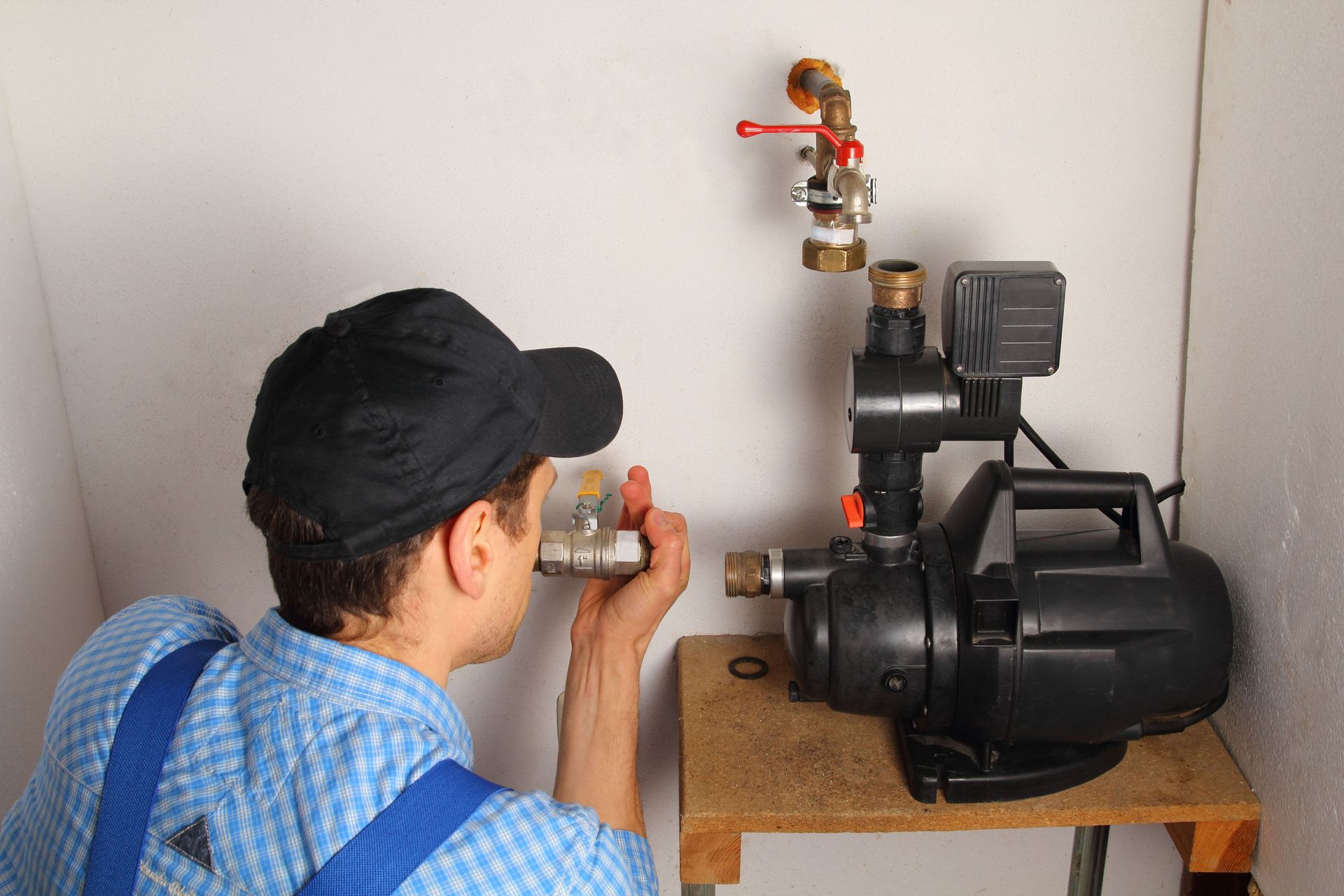
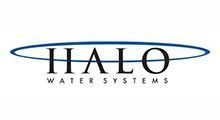

Share On: